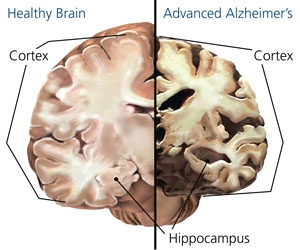Big data and privacy on the Web: how should human research be conducted on the Internet?
“They said, ‘You can’t mess with my emotions. It’s like messing with me. It’s mind control.'” That’s what Cornell communication and information science professor Jeffrey T. Hancock reported in a recent New York Times article about the public outcry over the now infamous Facebook emotional manipulation study (read on for details). Hancock was surprised and dismayed over the response. He sees the advent of massive-scale sociology and psychology research on the Internet as a “new era” and he has a point. The days of mostly relying on college students as research subjects may be coming to an end. But how should research be conducted in this new online setting? Is it even appropriate to use data from web sites as it is collected now with little, if any, user knowledge and informed consent existing only in the form of privacy policies that nobody reads? 1 In this post I argue that the Internet is not the Wild West and therefore internet-based research should not be allowed to side st...

